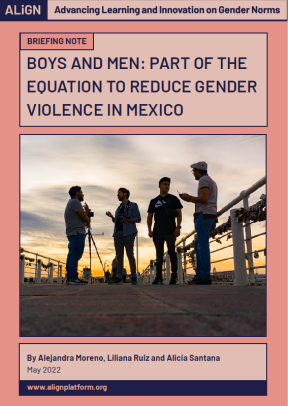- Briefing paper
- 2 Noviembre 2022
Engaging men and boys in campaigning against sexual violence in Nigerian tertiary institutions
- Author: Cheluchi Onyemelukwe
- Published by: ALIGN, Centre for Health Ethics Law and Development

This research, conducted by the Centre for Health Ethics Law and Development (CHELD) sought to assess the level of male engagement by Women’s Rights Organisations (WROs) involved in the campaign against sexual violence in Nigerian tertiary institutions. These organisations generally support policy development on sexual and gender-based violence in tertiary institutions, to establish sexual violence response teams, and undertake awareness creation and training of students on sexual and other gender-based violence. The study sought to examine the use and degree of male engagement as a strategy employed by WROs in the selected Nigerian tertiary institutions. It also sought to understand what role, if any, was played by religion and culture in the choice of male engagement as a strategy. Five tertiary institutions selected from the North and South of Nigeria, and 10 WROs were studied for this purpose. 1,496 students from the five tertiary institutions participated in the survey. Focused group discussions were held with students. Representatives from the WROs participated in key informant interviews. Analysis from the study supported the following key findings:
- Gender norms in Nigeria and within tertiary institutions still reflect strong patriarchal attitudes to women and underpin sexual violence.
- Religion and culture are key factors in maintaining gender norms, including through harmful interpretations of religious scripture. However, religion and culture were not strong factors in whether WROs)undertook male engagement as an intervention.
- There is little opposition to specific male engagement, but it was not a strong component in the projects of WROs working in tertiary institutions.
- Despite women’s higher experience of sexual violence in tertiary institutions and the need to engage males more in addressing this, there are several barriers to engaging males more deliberately in sexual violence interventions in tertiary institutions. The barriers include WROs lack of comprehensive knowledge about male engagement and strategies.
Following these findings, capacity building on male engagement strategies for WROs working on sexual violence within tertiary institutions is necessary to deepen knowledge of practical steps, and a more deliberate incorporation of this strategy in WROs’ policies and programmes.
This report is an output from the third round of ALIGN's micro-granting facility which provides organisations and individuals with grants for research and learning. See more about this round of funding.
About the Centre for Health Ethics, Law and Development (CHELD)
The Centre For Health Ethics, Law and Development (CHELD) is a non-profit initiative, established in 2010 to employ law, policy, ethics promotion and research, as well as practical health development projects to improve public health in Nigeria and other African countries. Our work on gender-based violence (GBV) includes support for policy efforts and research, the execution of research projects to provide an evidence-base for GBV projects and the provision of legal and other assistance to GBV survivors. CHELD has supported national and state policies on gender equality and the elimination of GBV in Nigeria. CHELD researchers have conducted a range of research on gender and on GBV prevention and response initiatives from legal, policy and social perspectives in Africa.
- Countries / Regions:
- Nigeria
Related resources
2 November 2020
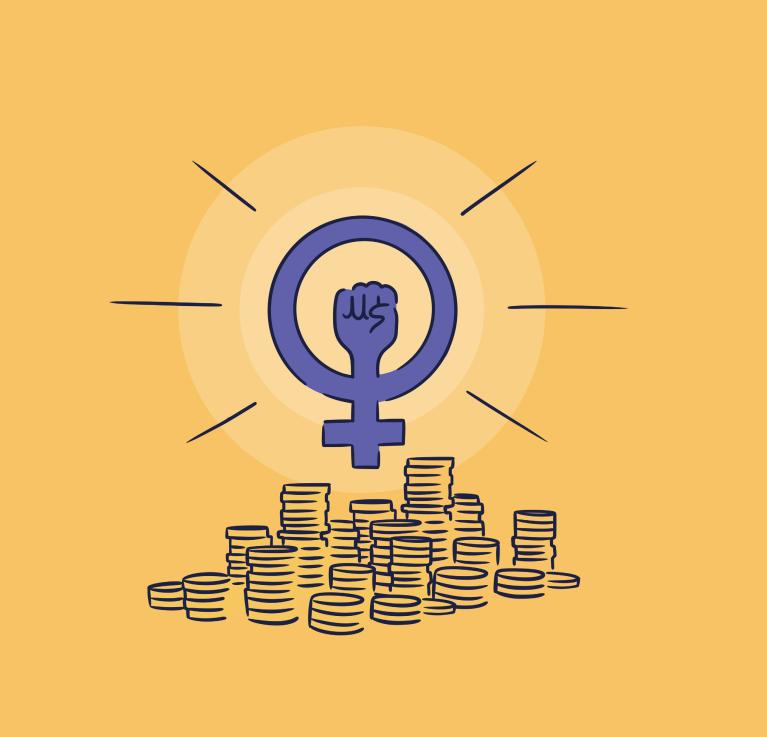
Briefing paper
30 Septiembre 2022
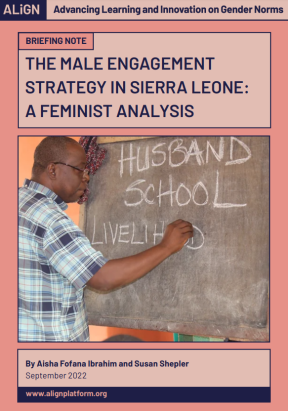
Briefing paper
4 Julio 2022
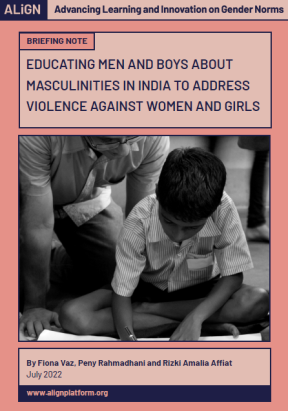
Briefing paper
1 Junio 2022
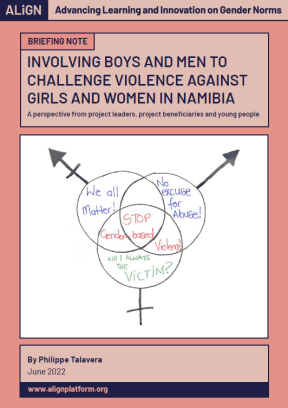
Briefing paper
23 Mayo 2022
